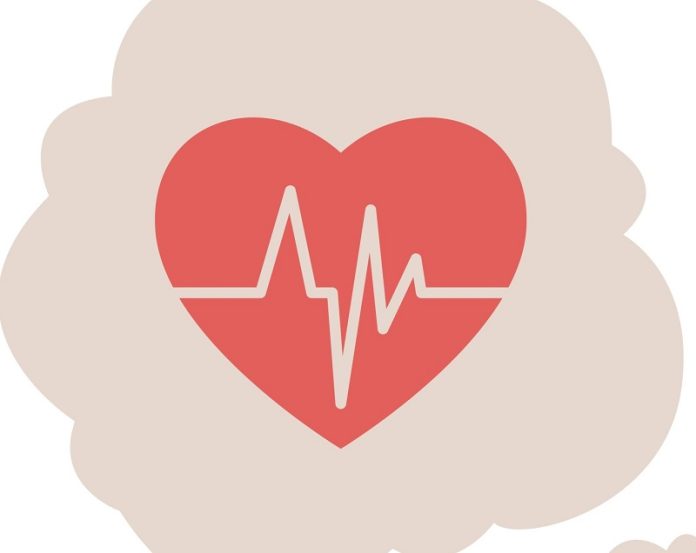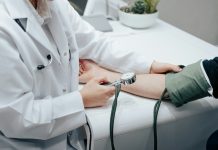
Heart attacks are life-threatening, and the risk doesn’t end after the attack itself.
Even after recovery, about 50% to 60% of heart attack survivors face the risk of sudden cardiac death due to heart rhythm problems called arrhythmias.
The current treatment, pacemakers, helps manage arrhythmias but can’t stop them from coming back.
However, researchers from Friedrich-Alexander-Universität Erlangen-Nürnberg (FAU) and the University of Bonn have developed a promising new solution: a hydrogel that could prevent these dangerous arrhythmias.
After a heart attack, scars form in the heart tissue, disrupting the electrical signals that control the heartbeat.
This disruption prevents the heart’s muscle cells from working together effectively.
Professor Felix B. Engel from FAU and Uniklinikum Erlangen explains, “The problem is the scars that result from a heart attack. Unlike healthy tissue, they disrupt electrical signals, preventing the heart cells from communicating and beating in rhythm.”
Pacemakers, also known as implantable cardioverter defibrillators (ICDs), are the best current treatment for stopping arrhythmias and preventing sudden cardiac death.
They work by detecting abnormal heart rhythms and giving the heart an electric shock to reset it to normal.
However, pacemakers only address the symptoms and not the root cause. They also have downsides: the frequent shocks can damage the heart further, cause significant stress for patients, and lower their quality of life.
The FAU research team has created a hydrogel made from collagen and an electrically conductive substance called PEDOT
. This gel can be injected directly into the scar tissue in the heart, “electrifying” the heart tissue and helping the muscle cells communicate more effectively.
Dr. Kaveh Roshanbinfar, a research associate in Professor Engel’s group and the lead author of the study published in Advanced Materials, explains, “We can inject the gel directly into the scar tissue in the heart. This essentially electrifies the heart tissue, allowing cardiac muscle cells to communicate more effectively with each other again.”
Initial tests in animal models have shown that this hydrogel can prevent arrhythmias and ventricular tachycardia, potentially eliminating the need for the high-energy shocks from ICDs. However, more research is needed before this hydrogel can be used in humans.
Professor Engel notes, “Scars in human hearts are much more complex than those in mice. Additionally, we need to understand how the human immune system will react to the hydrogel.”
Once these issues are addressed, the collagen PEDOT
hydrogel could be tested on high-risk patients who suffer from the shocks of ICDs. This new hydrogel offers hope for a future where heart attack survivors can live without the fear of sudden arrhythmias and without the stress of frequent ICD shocks.
If you care about heart health, please read studies about the best time to take vitamins to prevent heart disease, and calcium supplements could harm your heart health.
For more information about health, please see recent studies that blackcurrants can reduce blood sugar after meal and results showing how drinking milk affects risks of heart disease and cancer.



